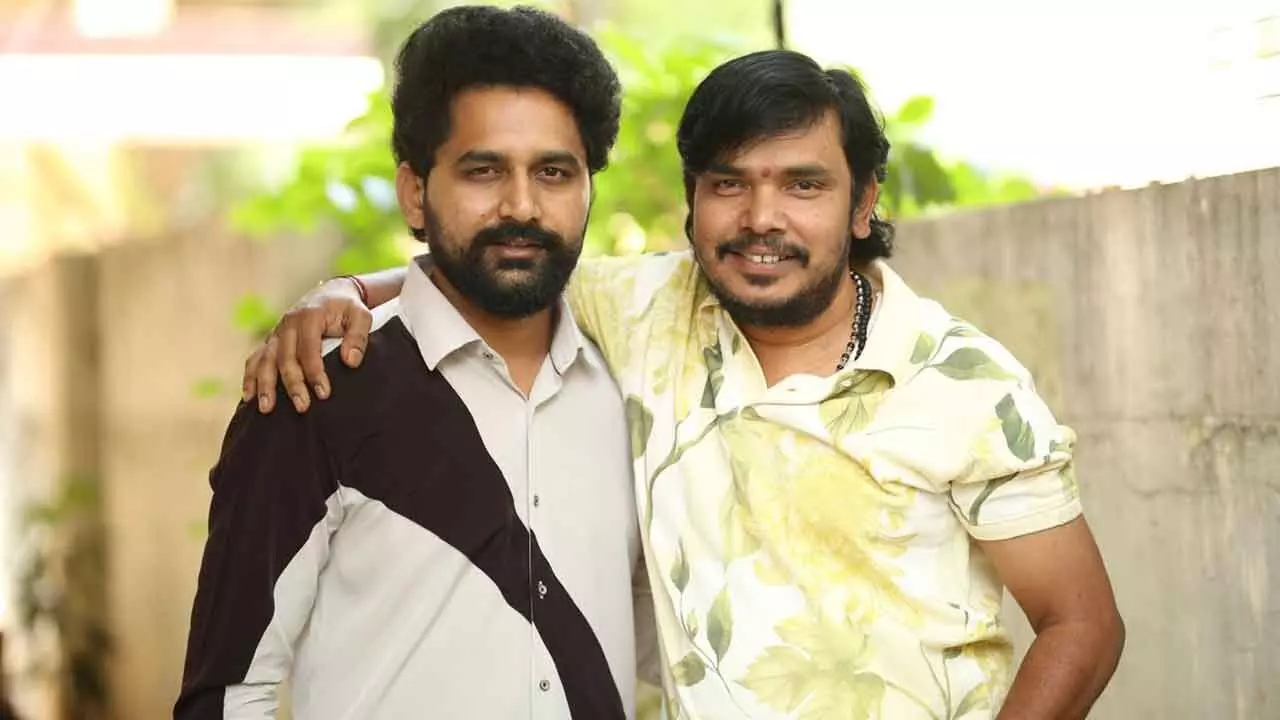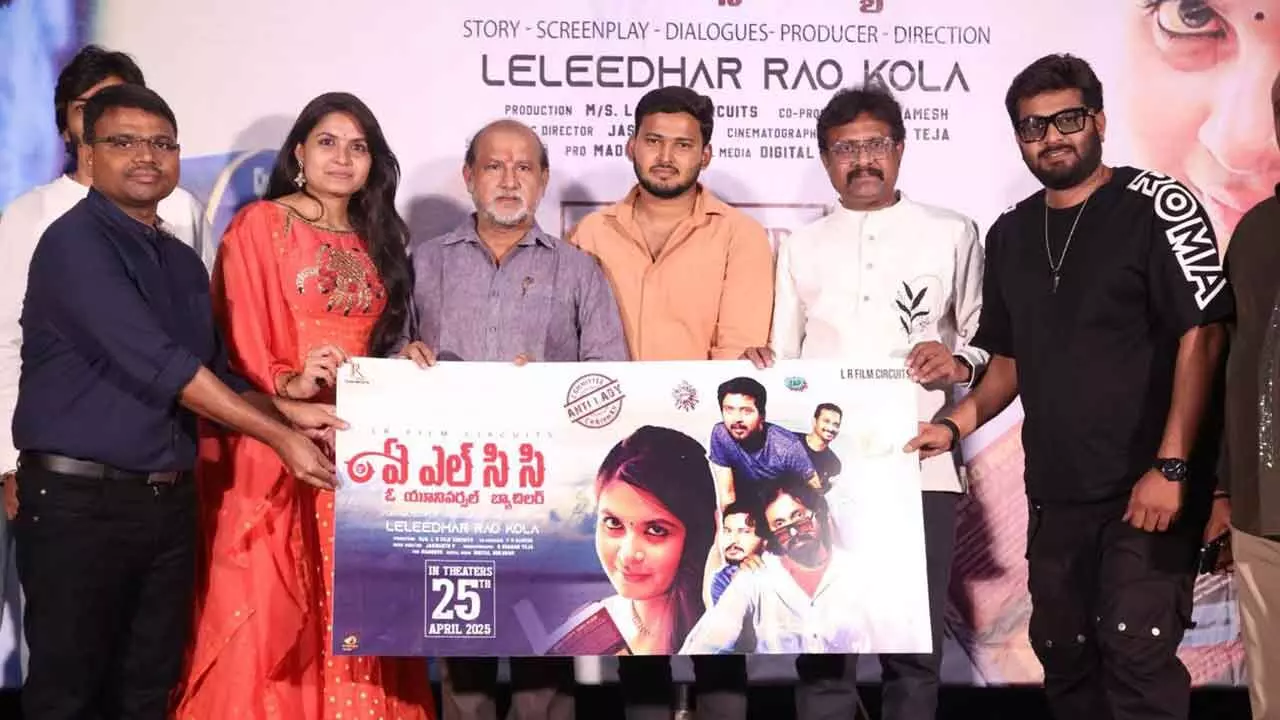South Screens Film Festival is not a festival of competition, but of exchange. A gathering where films move freely between places and identities, where cinema creates moments of discovery and discussions. This first edition is an organic extension to existing programs such as “Ecrans du réel” (Real Screens - dedicated to documentaries) and upcoming ones spread throughout the year, reflecting the same interest in social causes that matter to us.
Metropolis Association announces the launch of South Screens (Ecrans du Sud), a new film festival where cinema transcends borders, where voices travel across continents, where the unseen finds its place on our screens, celebrating countries whose films are rarely presented on our screens. Under the theme of ‘ Shift’ , this first edition reflects our need for new perspectives. Facing dark times, drastic political changes, extreme violence, impunity, injustice, we hope to search for answers, outside familiar pathways.

The program runs for ten days and includes over twenty films from four continents and thirty-five countries. The program features ten Arab films, five African films, four Asian films and three films from Latin America. About the Program The festival presents highly awaited films, most of which have won awards at international festivals or premiered in prestigious festivals, for the Lebanese audience.
This reflects the organizers’ belief in the importance of presenting artistic and beautiful films to the public. The opening film from Brazil: “I’m Still Here” directed by Walter Salles, the winner of the Oscar for Best International Film. It is set in Brazil in 1971, where the country was suffering under a strict military dictatorship.
Eunice Paiva, a mother of five, finds herself forced to reconstruct her life after her family is subjected to an arbitrary and violent government action. The film is based on the autobiography of Marcelo Rubens Paiva, recounting the true story that contributed to reshaping an important part of Brazil’s hidden history. The closing film will feature stories of the Palestinian diaspora, directed by Mahdi Fleifel and titled “To a Land Unknown” which acts as a follow-up to his acclaimed documentary “A World Not Ours”.
In “To a Land Unknown”, Fleifel addresses the story of two young men, Shatila (Mahmoud Bakri) and Rida (Aram Sabah), who escape from the Ain al-Hilweh camp (Lebanon) to Athens, where they save money to pay for fake passports to leave Athens. When Rida loses the funds, they worked hard to obtain due to his drug addiction, Shatila devises an extreme plan that involves pretending to be smugglers and taking hostages in an attempt to extricate himself and his friend from their desperate environment before it’s too late. “ To a Land Unknown ” makes its world premiere at the Cannes Film Festival in the category of “Directors’ Fortnight”.
Other films from the Arab world that have received acclaim at international festivals include “Norah” by Tawfiq Al-Zaeedi, marking the first Saudi film in the history of Saudi Arabia to participate in the Cannes Film Festival in the “Un Certain Regard” category, and receiving the jury’s special mention after its participation in the official competition of the Red Sea International Film Festival. From Jordan, “Inshallah a Boy” by director Amjad Al-Rasheed took Jordanian cinema to Cannes for the first time at the Critics’ Week, and the film has traveled to numerous festivals, winning multiple awards. From Morocco, the documentary “The Mother of all Lies” by Asmae El Moudir participated in Cannes in the “Un Certain Regard” category and was nominated for an Oscar.
Tunisia, shining this year with distinctive works, presents the film “Red Path” by Lotfi Achour. The film comes to Beirut after its world premiere at the Locarno Festival and winning the Golden Yusr Award at the Red Sea Festival, along with other successes at various festivals. “Goodbye Julia” by director Mohammed Kordofani brought Sudan, a country with very limited cinematic production, to Cannes in the “Un Certain Regard” category.
“The Burdened” directed by Omar Jamal from Yemen, another country with limited production, has received multiple awards and international acclaim. “The Village Next to Paradise” by Mo Harawe from Somalia has also won numerous awards at several festivals in the USA, Germany, and Austria. From Egypt, the country of the seventh art in the Arab world, the film “Perfumed with Mint” by Muhammed Hamdy stands out as an exquisite artistic film.
Lebanese films have their place for screening in their city Beirut, where four Lebanese directors, Wissam Charaf, Lucien Bourjeili, Bane Fakih and Areej Mahmoud join forces to direct four short films within one feature film titled “Disorder” produced by Bechara Mouzannar and executive-produced by Khaled Mouzanar and Nadine Labaki. The festival runs in April, and April 13th marks the fiftieth anniversary of the Lebanese Civil War. Therefore, on April 11th, the festival will present the film “Green Line” directed by French filmmaker Sylvie Ballyot, who co-wrote the screenplay with Fida Bizri.
The film uses miniature models of buildings in Beirut and miniature figurines to reconstruct the troubled childhood of Fida during the Lebanese Civil War. With the help of these models, Fida confronts former militia men she saw during her childhood in the 1980s in West Beirut: militia men who claimed to protect her but were actually terrifying her. Films from Across the Globe “The Seed of the Sacred Fig”, directed by Mohammad Rasoulof from Iran, won the Jury Prize at Cannes 2024 along with numerous other awards.
“Sima’s Song”, directed by Roya Sadat from Afghanistan, portrays the reality of women and revolution in Afghanistan before extremism took its hold; a beautiful film that presents an atypical image of what the media often depicts about countries like Afghanistan. “Mami Wata”, directed by CJ “Fiery” Obasi, is a Nigerian film that won the Special Jury Award at Sundance. “Meeting with Pol Pot”, directed by Rithy Panh, had its world premiere at Cannes in the Cannes Premiere category.
The esteemed Thai director Apichatpong Weerasethakul presents his film “Memoria”, which won the Jury Prize at Cannes. “All We Imagine As Light”, by Indian director Payal Kapadia, winner of the Grand Prix at Cannes. A love story from Senegal, “Banel et Adama”, directed by Ramata-Toulaye Sy, participated in the official competition at Cannes and London Film Festivals, winning Best Director at the International Film Festival in Marrakech.
“La Cocina”, directed by Alonso Ruizpalacios from Mexico, premiered in the Official Competition at the Berlin Film Festival and won numerous awards in Deauville - France, and Stockholm -Sweden. Classic Films “A Flood in the Baath Country” from Syria, directed by the late Omar Amiralay, screens in Beirut after decades. “La Noire De.
..” by Senegalese director Ousmane Sembène, a well-known writer and screenwriter, who was also famous for his political activism and military service during World War II, will also be screened in its restored version.
The Beirut-Locarno Industry Academy In parallel with the South Screens Festival, the sixth edition of the Beirut-Locarno Industry Academy, as the industry part of the festival which specializes in training young distributors, will be held this year with 17 participants from Lebanon and the Arab world, alongside experts in the fields of distribution and production. The event will take place from April 10 to 12, 2025 in Beirut..
Entertainment

When cinema is culture: South Screens Film Festival's First Editiom | Not Just Bollywood

Cinema is beyond any boundaries and cinema is indeed about culture. It plays a very important role in bringing different cultures together. Metropolis Association Proudly Announces the First Edition of South Screens Film Festival.















